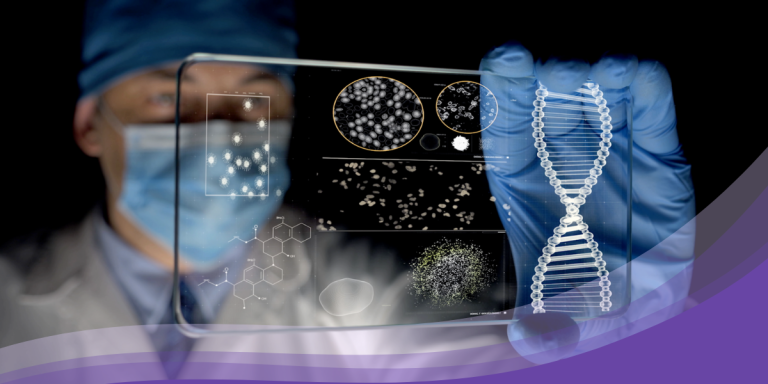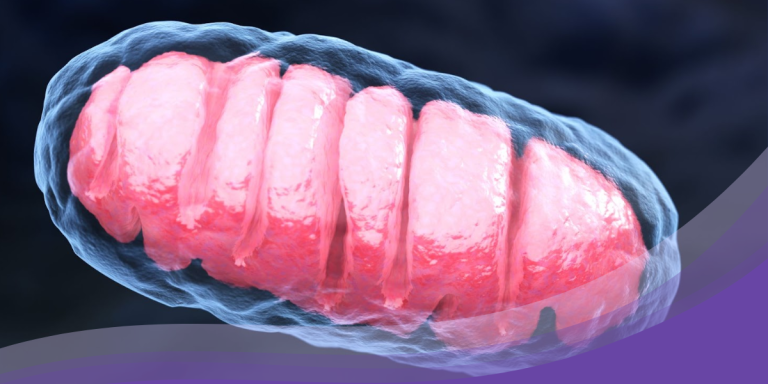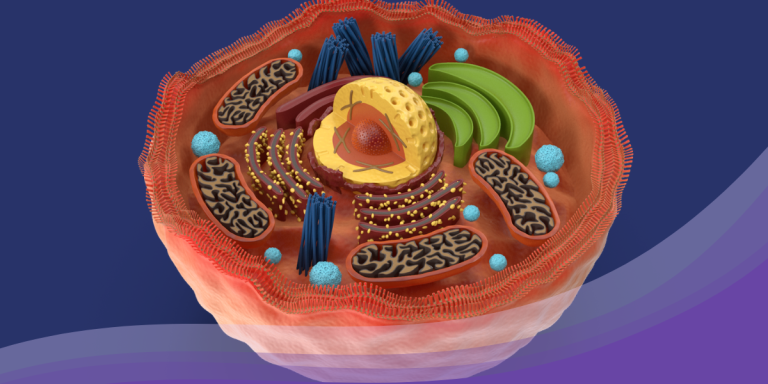A Treasure Trove for Research Empowerment

Are you captivated by the potential of anti-inflammatory and immunomodulatory properties? Intrigued by the idea of boosting tissue repair and regeneration? Then look no further, for the Umbilical Cord Nucleated Native Wharton’s Jelly (UCNN-WJ) might just be the valuable resource you’ve been seeking. In this comprehensive blog post, we’ll unravel the mysteries of this extraordinary biomaterial, its applications, and how it can empower researchers like yourself. With a thorough understanding of the numerous advantages of UCM/Wharton’s Jelly-Nucleated Native, you’ll be better prepared to harness its power for your research endeavors. So, let’s embark on a journey to uncover this remarkable resource and advance the frontiers of medical science research.
Demystifying Umbilical Cord Wharton’s Jelly-Nucleated Native Cells (UCNN-WJ)
The umbilical cord, which connects a baby to its mother during pregnancy, comprises three blood vessels – two arteries and one vein. These vessels are protected by Wharton’s Jelly, a gelatinous substance that prevents damage to the blood vessels and ensures the safe transport of nutrients and oxygen between mother and fetus. This jelly-like substance is abundant in mesenchymal cells (MSCs), growth factors, cytokines, and extracellular matrix proteins.
Potency is very important when it comes to MSCs, less potency means being less likely to differentiate and less power to do their job. MSC cells must be able to differentiate to Chondrogenesis, osteogenesis, and adipogenesis to be able to heal the issue but when MSC is less potent=less power, they lose their original characteristic and phenotype. Derived from two primary sources, the umbilical cord and the placenta, MSC from the umbilical cord is typically more concentrated. Umbilical Cord Wharton’s Jelly Nucleated Native is an especially promising source of highly concentrated MSCs/Native cells due to its accessibility, superior cell quality, and unique properties.
The term “Nucleated Native” refers to the minimally processed or unexpanded form of MSCs and other components directly obtained from Wharton’s Jelly. As a result, these cells are less likely to be rejected by the immune system and are a valuable source of MSCs, making them suitable for various medical applications.
Decoding Mesenchymal Stromal Cells (MSC)
Mesenchymal stem cells are Fibroblast multipotent stromal/Progenitor cells that can be differentiated into several cell types, such as adipocytes (fat cells), osteocytes (bone cells), chondrocytes (cartilage), and myocytes (muscle cells). A convenient and non-invasive method of obtaining MSCs is through the umbilical cord, where the cells remain unexposed to external factors such as age, environment, or disease, making them pristine and highly effective. MSCs are believed to have short survival times after infusion, suggesting that they transfer their effects to other cell types. Ethically sourced MSCs can induce regulatory T cells and macrophages and possess anti-inflammatory and immunomodulatory properties. With over 800 clinical trials and studies conducted on umbilical cord MSCs, their potential therapeutic applications are evident.
Embracing the Power of UCNN-Wharton Jelly
UCNN-Wharton Jelly boasts numerous advantages, including high concentration, stringent testing, and preservation of native characteristics, which may contribute to improved therapeutic outcomes and make them a promising option for various medical research applications. Several reasons make using highly concentrated, native, and minimally manipulated nucleated Wharton’s Jelly cells more advantageous than cultured or expanded cells:
- High concentration of native MSCs: These cells have a high concentration of native MSCs (52-57.5%), which may contribute to better therapeutic outcomes.
- Low apoptosis rate: The cells have a low number of dead cells (apoptosis) post-thaw, potentially ensuring higher viability and efficacy.
- Rigorous testing and quality control: The cells undergo extensive testing for various diseases, sterility, endotoxins, and other factors to ensure safety and quality. The manufacturing process adheres to GMP, GLP, ISO 9001, and ISO 17025 standards.
- Detailed documentation: Each batch is accompanied by a comprehensive Certificate of Analysis (COA) and other reports to verify the quality and safety of the product.
- Presence of fibrous hyaluronic acid: The cells are an excellent source of fibrous hyaluronic acid, a vital component of connective tissue.
- UC-MSC and WJ-MSC sources: The product contains both umbilical cord mesenchymal stem cells (UC-MSC) and Wharton’s jelly mesenchymal stem cells (WJ-MSC) which may boost ATP production by improving mitochondrial function.
- Minimized risks and preservation of potency: Native, minimally manipulated cells exhibit a lower tendency to develop cancer-linked and genome mutations, contamination, and phenotype changes compared to cultured stem cells. Native cells also demonstrate higher potency, expressing higher levels of CD146 (a major MSC-CD marker), and are serum-free, unlike expanded cells.
- Rapid shipping: The company utilizes a validated packaging system and next-day shipping to maintain the high quality and integrity of the products during transit.
These advantages make Wharton’s Jelly-Nucleated Native Cells a more promising option for various medical and therapeutic research applications. However, it is crucial to note that while Wharton’s Jelly-Nucleated Native Cells have shown promising results, further research and clinical trials are required to fully comprehend their potential and establish them as the best source of MSCs for various therapeutic research applications.
Wharton’s Jelly Nucleated Native Cells holds immense therapeutic potential. Its rich concentration of MSCs, anti-inflammatory and immunomodulatory properties, and suitability for reliable research protocols make it a valuable resource for those seeking to advance medical science research in various ways:
- Accelerate the discovery of novel treatments for a variety of conditions
- Improve the efficiency of research protocols
- Enhance the reproducibility of experimental results
Our Experts are Here to Help Every Step of the Way
SCR Therapy strives to bridge the gap between researchers, laboratories, and physicians by offering the latest innovations in cutting-edge biotechnology products. Founded by Shaghayegh Kazemi and Nader Younessian in 2016, SCR Therapy was inspired by their shared interest in biotechnology products and personal experiences with family members requiring treatment for different conditions. They go above and beyond to deliver an experience that fulfills the missing gap.
If you are searching for the highest purity and quality bioproducts for reliable research protocols, please feel free to contact us.





